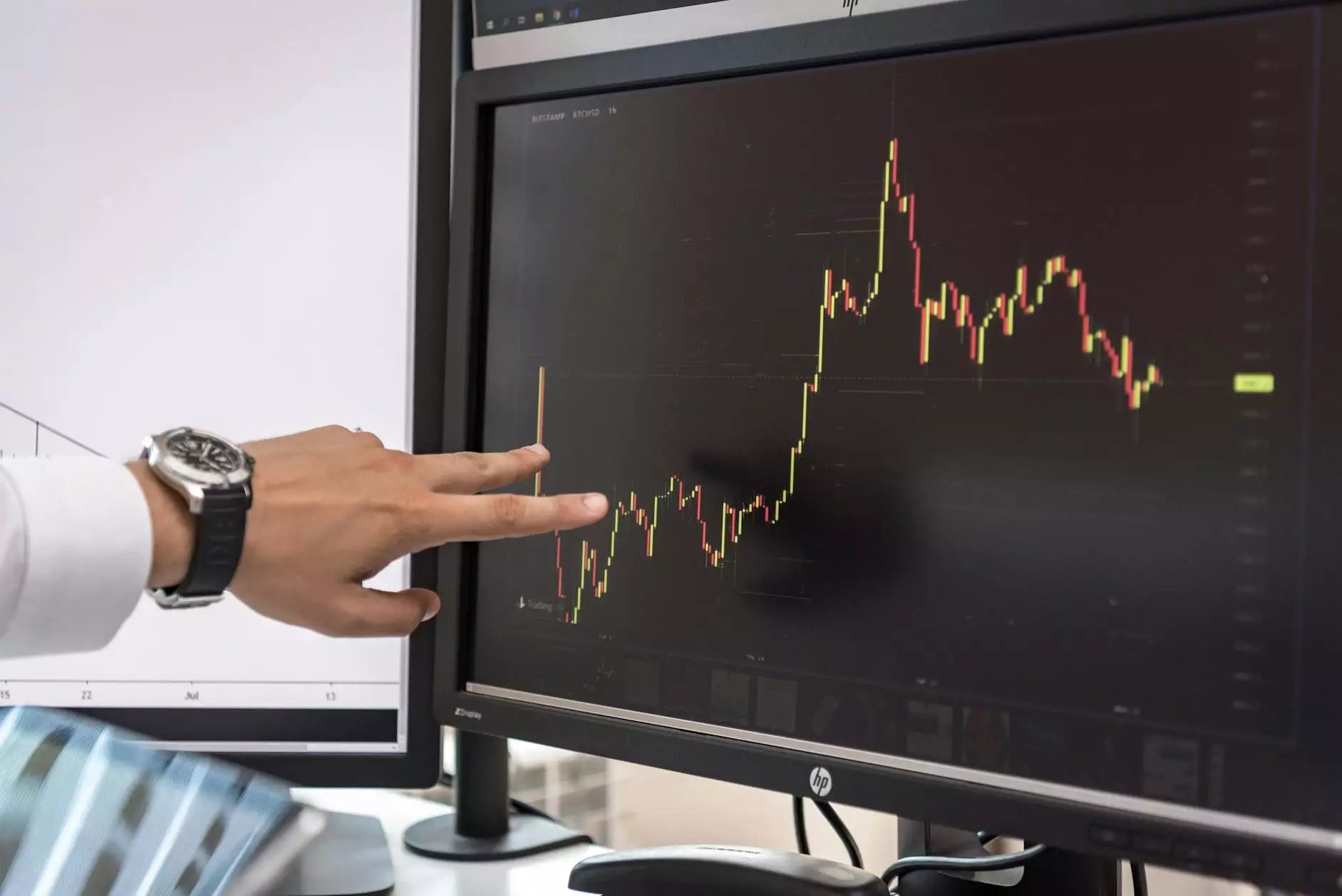Comprehensive Insights into Brazil Sugar Price: A Key Indicator for the Global Sugar Market

The Brazil sugar price is a pivotal factor that influences not only local economies but also the entire global sugar trade. As the world's largest sugar producer and exporter, Brazil's market dynamics, crop yields, government policies, and international demand significantly shape the fluctuating patterns of sugar prices worldwide. In this detailed guide, we delve into the multifaceted aspects of the Brazil sugar price, exploring its determinants, implications, and strategic importance for businesses involved in sugar supply, trading, and production.
Understanding the Significance of the Brazil Sugar Price in the Global Market
The Brazil sugar price serves as a benchmark for various international markets. Its influence extends beyond local trade, affecting pricing strategies, negotiations, and supply chain decisions globally. Brazil's dominance in sugar exports — accounting for approximately 20-25% of the world's sugar supply — lends a crucial weight to its market trends.
When Brazilian sugar prices rise, they often trigger adjustments across international markets, prompting shifts in pricing, stock management, and export strategies elsewhere. Conversely, drops in Brazil's sugar prices can lead to increased competition among other sugar-exporting nations, influencing global prices downward.
Factors Influencing the Brazil Sugar Price
1. Agricultural Conditions and Crop Yield
Brazil's sugarcane harvest heavily depends on climatic conditions. Favorable weather such as ample sunlight and rainfall results in higher yields, leading to an oversupply and potential depreciation of sugar prices. Conversely, droughts, floods, or unseasonal weather can reduce yields, tightening supply and driving prices upward.
2. Government Policies and Subsidies
Brazilian government regulations, including tariffs, export policies, and subsidies, play a pivotal role in shaping the Brazil sugar price. Policies that encourage exports tend to increase supply in the international market, potentially lowering prices. Conversely, restrictions or increased taxes may limit exports, leading to higher domestic prices.
3. Global Demand and International Trade Dynamics
Demand variations in countries like China, India, and the European Union directly impact Brazilian sugar exports. Economic growth periods boost consumption, elevating prices, while downturns or shifts towards alternative sweeteners can reduce demand.
4. Currency Exchange Rates
The value of the Brazilian Real against other currencies significantly influences the competitiveness of Brazilian sugar in international markets. A weaker Real makes exports more affordable and can increase sales, pushing prices down domestically but elevating global market activity. Strengthening currency, on the other hand, may lead to higher prices for buyers and reduced export volumes.
5. International Raw Material and Energy Prices
The cost of energy, particularly fuel and electricity, impacts sugarcane farming and processing costs. Fluctuations in oil prices influence operational expenses for Brazilian producers, thereby affecting the Brazil sugar price.
Historical Trends and Future Outlook of the Brazil Sugar Price
Over the past decade, the Brazil sugar price has experienced significant volatility driven by technological innovations, climatic variability, and evolving market demands. The trend indicates an increasingly interconnected market where Brazilian prices often serve as a bellwether for the global sector.
Looking ahead, several factors will shape future prices:
- Climate resilience: Advances in agricultural technology could buffer against extreme weather, stabilizing yields.
- Market diversification: Brazil’s expansion into ethanol production influences sugar supply and prices.
- Global policies: Trade agreements and environmental standards will recalibrate export volumes and costs.
Experts predict that sustainable practices and technological integration will lead to more predictable pricing patterns, benefiting global traders and local producers alike.
Why Brazil Remains the World’s Leading Sugar Supplier
Brazil’s dominance in the sugar market results from a combination of expansive arable land, advanced agricultural techniques, and a favorable climate. The country’s focus on both traditional cane cultivation and innovative biofuel production provides a diversified revenue stream that supports consistent supply.
Investments in infrastructure — including ports, storage facilities, and transportation networks — enable Brazil to efficiently export large quantities of sugar, keeping the Brazil sugar price competitive on the international stage.
Strategic Business Opportunities with Brazil Sugar Suppliers
For global businesses seeking to capitalize on Brazil’s sugar market, understanding the nuances of the Brazil sugar price is essential for making informed procurement decisions, negotiating favorable contracts, and managing price volatility.
Key Opportunities include:
- Direct procurement: Partnering with top Brazilian sugar suppliers for consistent quality and competitive pricing via platforms like brazilsugartopsuppliers.com.
- Investment in supply chain logistics: Enhancing procurement strategies to mitigate risks associated with price fluctuations.
- Diversification: Combining sugar trade with ethanol and biofuel markets to optimize profit margins.
- Technological innovations: Utilizing data analytics and market intelligence to forecast price movements accurately.
The Role of brazilsugartopsuppliers.com in Navigating the Brazil Sugar Market
Our platform provides transparent, reliable access to top-tier Brazilian sugar suppliers, ensuring that your business benefits from the latest market insights and competitive prices aligned with the Brazil sugar price. We facilitate efficient procurement, helping you to manage costs, quality, and supply consistency effortlessly.
By partnering with us, you gain:
- Access to verified sugar producers across Brazil
- Real-time market data to inform strategic decisions
- Customized sourcing solutions tailored to your needs
- Expert support to navigate fluctuating prices and market volatility
Conclusion: Leveraging the Brazil Sugar Price for Business Success
Understanding the intricacies of the Brazil sugar price is fundamental for anyone involved in the sugar supply chain or trading sectors. Brazil’s market remains a cornerstone of global sugar dynamics, with its prices serving as crucial indicators for international market trends.
Businesses that stay informed about factors influencing Brazilian sugar prices, leverage robust supplier networks like brazilsugartopsuppliers.com, and adapt to market changes will position themselves for sustained growth and profitability in this competitive sector.
Embracing innovation, sustainability, and strategic partnerships will be key to capitalizing on the opportunities presented by Brazil’s vibrant sugar industry in the years to come.









